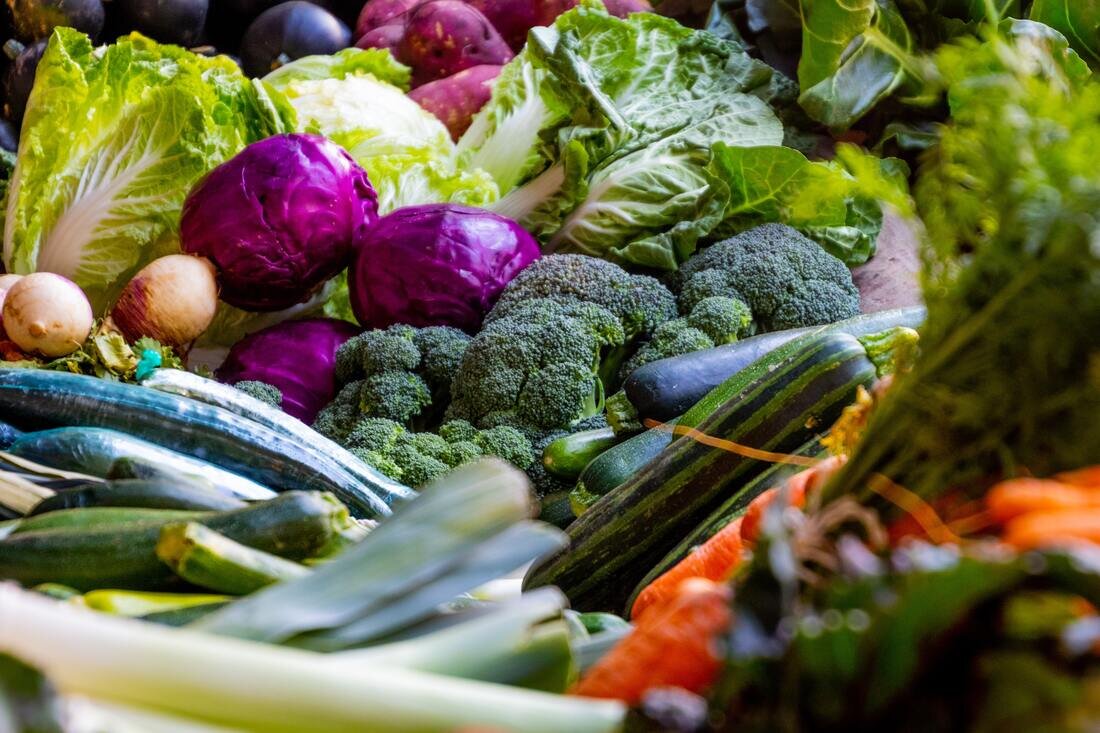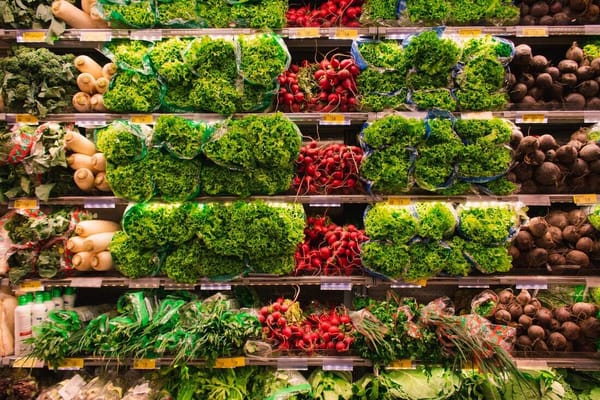
It definitely wasn’t something that I saw coming. I had played sports all my life, aimed to eat relatively 'healthy', and followed dietary requirements that were well known and accepted. Meat for protein, milk for calcium - you know the drill.
I had heard of veganism and had it mentioned to me a couple times, but it never registered. The mere thought of going vegan sent a shudder down my spine - where the hell was I going to get my protein?
Meat equaled protein, dairy equaled calcium, and anyone with an athletic interest wasn’t supposed to do without it.
But are these myths that have now become 'truths' regarding nutrition and human health?
Watching the Netflix documentary What The Health in 2017 opened my eyes up to a completely different world. I immediately looked at food through a completely different lens, and which foods really contribute to optimal health.
I made the switch to plant-based foods overnight.
I went down the rabbit hole pretty quickly and did a ton of research. Podcasts, scientific papers, YouTube videos and more - all to arm myself with new information.
I wanted to challenge my pre-existing belief system and unlearn a lot of what I thought I had known.

‘Fed a bunch of lies’
Need to get protein? It has to come from meat sources. Calcium? Don't look past anything other than cow's milk. But is that the reality? Why have our overall health outcomes in the UK unfortunately become such a challenge, if widely accepted dietary choices are supposed to contribute to optimal health?
According to the latest NHS UK statistics, nearly a third of UK adults are classified as obese, and 20% of Year 6 children (10-11 year olds) are considered obese. These are damning statistics, and more awareness and consciousness is required to move the needle in a positive direction.
We know that processed foods that are high in refined sugar are a prominent reason for the decline of human health. What is now becoming clearer, however, is that animal products can contribute heavily to negative health outcomes.
If consumed regularly, animal products increase the amount of cholesterol in your blood; a risk factor for a heart attack or stroke. But is there enough awareness surrounding this? Perhaps not, but there should be.
Another example of what we have been fed is the importance of dairy in one’s diet. Long considered the gold standard for calcium, it’s becoming clearer to the mainstream it is not necessary for human health. Loaded with saturated fat, hormones, antibiotics and - wait for it - pus, we can get our calcium elsewhere. You’ll see more about dairy in future blog posts.
'Shift Your Perspective'
How did I make the change? I fumbled around a little bit, loads of beans, tons of falafel, but ultimately a lot of the foods we are already eating - rice, sweet potatoes, plantain, pasta to name a few - fall into the plant-based category.
I challenged my own conditioning, did the research and began to slowly formulate a way of eating that fell in-line with my newly-discovered state of consciousness. I immediately saw a positive impact on my energy levels, vitality, and overall health - let alone the huge environmental and ecological benefits of this lifestyle.
My aim for this blog is to show you all I can about a plant-based lifestyle, and how it has changed my life. It can change yours too.
The Wealth of Health will show you how a lifestyle focused on plants can impact you and the planet you inhabit in so many different ways.
How can we all make change? With an open mind and a desire to challenge our pre-existing beliefs. A plant-based lifestyle can optimise our lives and create a new level of consciousness and awareness surrounding food and beyond...and it starts from what goes on our plate.
References:
